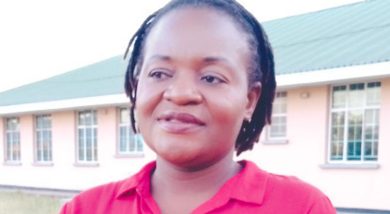‘98% of people live in areas without sewage system’
The Afrobarometer survey on water and sanitation has found that about 98 percent of the country’s population lives in areas without sewage system.
In its findings released on January 21 2022 titled “Water and Sanitation: On-the-ground Realities, Challenge African Government to Act” the survey ranks Malawi the lowest of 34 African countries surveyed.

Malawi is followed by Guinea and Niger both at five percent, Gambia at eight percent while neigbouring Tanzania is at nine percent.
Tunisia is top at 73 percent, Morocco is second at 72 percent, Cameroon third at 67 percent and South Africa fourth at 66 percent.
The Afrobarometer fears that lack of access to the sewage system can affect the poorly ranked countries to achieve Sustainable Development Goal (SDG) number 6 to “ensure availability and sustainable management of water and sanitation for all.”
However, the survey found that Malawi performed well in the area of water as about 88 percent of Malawians have access to borehole water.
Commenting on the findings, water and sanitation specialist Elias Chimlambe said the survey means the country may not achieve SDG 6 by 2030.
He said: “The functionality of water points are not a guarantee. It means Malawians use other water sources which may not be safe.
“The problem is that we are good at installing new water points and not sustaining them.”
In December 2021, the National Statistical Office launched the fourth Multiple Indicator Cluster Survey, which found challenges in access to clean water, saying 60 percent of the country’s water sources are contaminated.
The World Health Organisation suggests that improving access to improved water, sanitation and hygiene would save 20 000 lives per year and eliminate 25 million episodes of illness. SDGs targets 6.1 and 6.2 aim for universal and equitable access to safe drinking water and sanitation by 2030.






One Comment